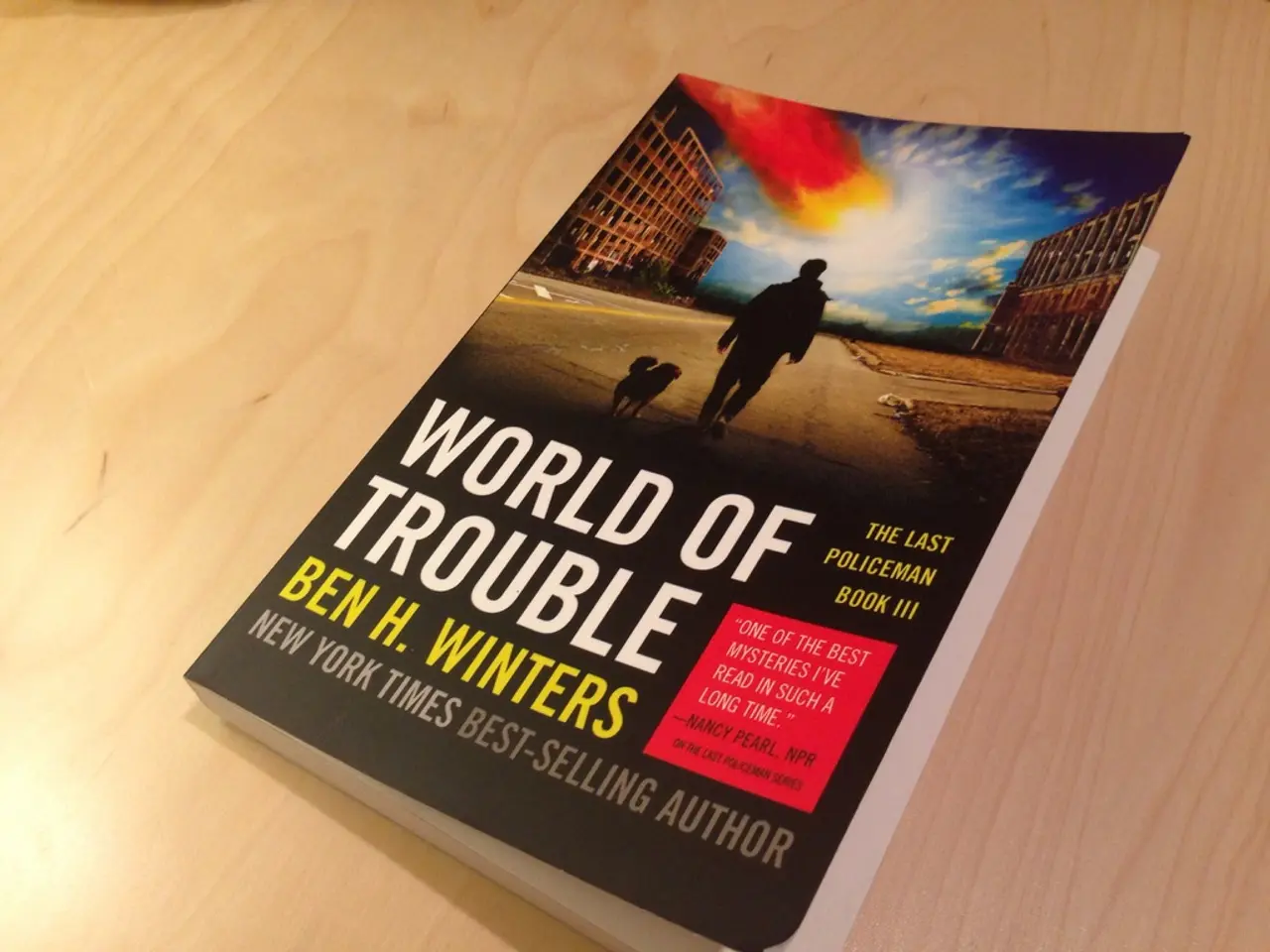Tennessee Witnesses the Scopes Trial Unfolding
A century ago, the Scopes Trial, famously dubbed the "Monkey Trial," made headlines across the United States. This landmark cultural and legal confrontation, which took place in 1925, served as a significant milestone in the ongoing debate between science and religion in education.
John T. Scopes, a Tennessee high school teacher, found himself in the spotlight after being accused of violating a state law that prohibited teaching evolution. The trial, officially known as the State of Tennessee v. John Thomas Scopes, became a national spectacle, symbolizing the struggle to reconcile scientific expertise with democratic decision-making and the role of secular education in a religiously diverse society.
The trial was a sensation due to the involvement of prominent figures such as William Jennings Bryan and Clarence Darrow. While Bryan, a special prosecutor for the trial, was a champion of religious fundamentalism, Darrow, the defense attorney, was a renowned advocate for intellectual freedom.
The Scopes Trial was significant in highlighting the contrast between science and faith, a dichotomy that H.L. Mencken's caustic coverage of the event further reinforced. Thirty years later, the play Inherit the Wind revisited this theme, reinforcing the battle between intellectual freedom and demagoguery that was as relevant in the twenty-first century as it was during the Scopes Trial.
The trial also marked the rise of religious conservatism in public life, catalyzing debates that shaped Christian nationalism and the modern religious right. It was an early media event, broadcast on live radio, influencing public perceptions of science and religion for years. Despite Scopes' conviction, the trial raised awareness and made the case for science in education more compelling to many Americans.
Charles Darwin's theory of evolution had become a more popular topic in U.S. schools, and the American Civil Liberties Union offered to defend any teacher who was prosecuted under the law. Many Americans believed that teaching evolution contradicted their religious beliefs, and the literal interpretation of the Bible was the foundation of Fundamentalism, a wing of Protestant Christianity that became popular in the early twentieth century.
The Scopes Trial remains a reference point for discussions on the place of religion in public schools, the interpretation of constitutional principles regarding education, and the public understanding of science. J. Robert Parks, a former professor and frequent contributor to our company In Context: U.S. History, reflects on how our understanding of history affects and reflects contemporary culture. The theme of the battle between intellectual freedom and demagoguery in Inherit the Wind might be as relevant today as it was during the Scopes Trial, reminding us of the enduring significance of this historic event.
References: 1. Nye, R. (2009). Evolution: The Human Story. Penguin Books. 2. Larson, E. J. (2006). Summer for the Gods: The Scopes Trial and America's Continuing Debate over Science and Religion. Basic Books. 3. Numbers, R. (2006). The Creationists: From Scientific Creationism to Intelligent Design. Harvard University Press. 4. Mencken, H. L. (1925). Prejudices: A Selection. Knopf. 5. Scopes, J. T., & Daugherty, A. E. (1968). The Great Monkey Trial. Simon & Schuster.
In the wake of the Scopes Trial, the debate between the teaching of medical-conditions based on scientific findings and religious beliefs became increasingly prominent. The trial, which highlighted the contrast between science and faith, raised questions about the role of education-and-self-development in shaping American society.
The Scopes Trial, with its emphasis on the role of science in education, continues to resonate today, serving as a reminder of the ongoing struggle for intellectual freedom and the importance of separating science from religious dogma.




